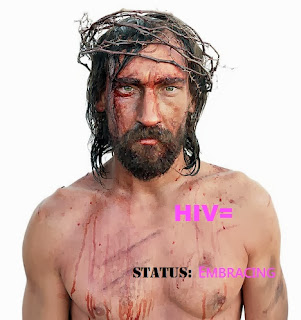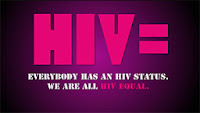"I used to think that the greatest command in the Bible was "You shall love your neighbour as yourself." I was wrong. Only in one place does the Bible ask us to love our neighbour. In more than thirty places it commands us to love the stranger. Don't oppress the stranger because you know what it feels like to be a stranger--you were once strangers in the land of Egypt. It isn't hard to love our neighbours because by and large our neighbours are people like us. What's tough is to love the stranger, the person who isn't like us, who has a different skin colour, or a different faith, or a different background. That's the real challenge. It was in ancient times. It still is today."
Chief Rabbi Sir Jonathan Sacks (quoted on pp 101-102 of Just Hospitality).
In Jesus day, weren't strangers simply people you were not acquainted with? In the Jewish towns and villages, there would have been the people you knew, and the people you didn't know. And for the most part, while the latter were strangers, they weren't particularly strange. There would have been exceptions, of course. Some lepers may have seemed pretty strange as a result of deformation and loss of limbs. Those possessed by demons would have been strange. But generally, most strangers looked fairly normal.
In one famous story, Jesus tells of a despised foreigner -- a Samaritan -- helping a stranger who had been robbed and left to die at the road side. There were significant religious differences between them, but otherwise, not that much was strange about the stranger. Jesus told this story of loving a stranger, in response to someone asking, "who is my neighbour that I'm to love?"
Fast forward to today. For the conservative person, there's a whole world of strangeness out there. Goths and punks, transgender people and drag queens, and much more.
But one thing hasn't changed: God's love for everyone, no matter how strange someone might seem to us.
Read True Biblical Hospitality: Loving Immigrants, Strangers, and Enemies at sojo.net.



















